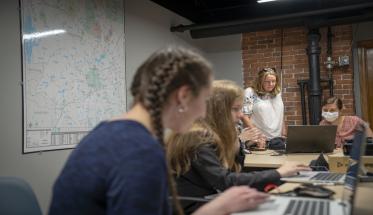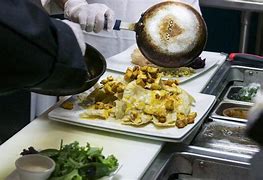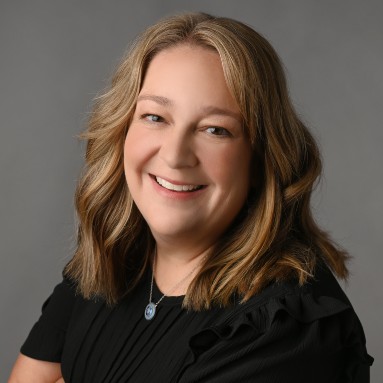Working with a local nonprofit organization for their IQP this term, three WPI students are helping to develop a more holistic approach to fighting food insecurity as they devise plans for a planned food pantry in Worcester.
Rising juniors Lydia Ellen Tonani, Rachel Feldman, and Mia Long are working with Thrive Support & Advocacy, an organization that serves youths and adults with intellectual and developmental disabilities and their families across central Massachusetts, to create a food pantry that takes into account not only hunger and food insecurity in the area, but also the best possible diet for different populations—including those with food allergies and dietary restrictions—while also respecting ethnic and cultural cuisines. They will also tap into the existing local food ecosystem to make sure food isn’t wasted and is redirected to where it will be most beneficial.
Thrive, which is based in Marlborough and has served MetroWest for more than 40 years, was recently selected by the Massachusetts Department of Developmental Services to manage the Worcester area Family Support Center and work with more than 600 new families in Worcester and seven surrounding communities.
According to data from the organization Feeding America, Massachusetts saw a 59 percent increase in food insecurity during the COVID-19 pandemic. “From what we’ve seen in census data, food insecurity in Worcester is an immense issue,” says Tonani, who’s studying mechanical and environmental engineering.
“There is so much food waste in this country and yet there are hungry people,” says Laura Roberts, director of Worcester Community Project Center and an instructor in the Department of Integrative and Global Studies at WPI, who is leading the student team. “What we have is a supply chain issue.”





